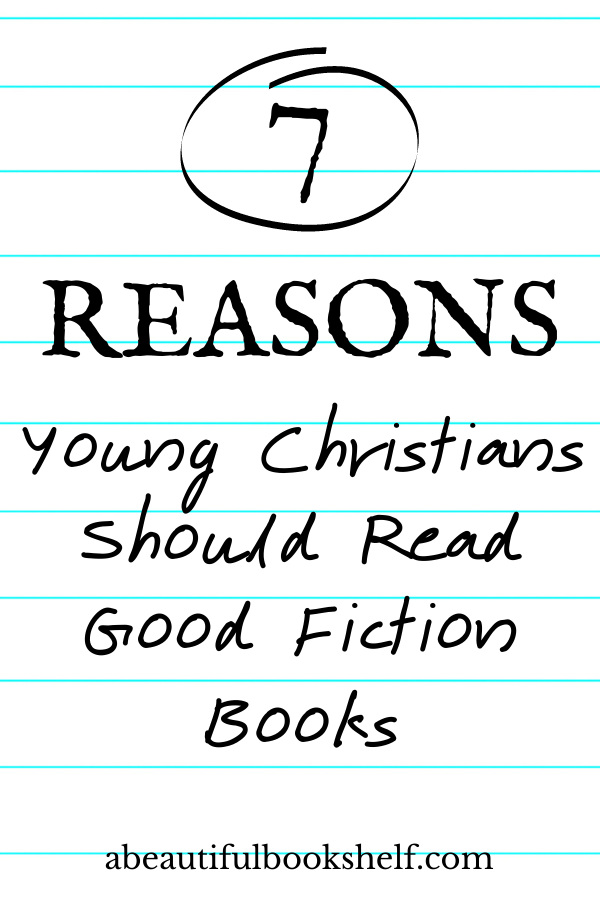Why should your young Christian read good fiction books? In this article, I seek to give you seven reasons from a Christian worldview of the benefits your young reader can gain from reading and how reading could impact their personal walk with the Lord.
Proverbs 23:7 says “For as he thinks in his heart, so is he.” The conclusion? Your thinking matters! It impacts how you act, what you say, the choices you make and, most importantly, what you believe. How a young person thinks shapes who they are and this is where literature comes in—a good book speaks to who they are on the inside.
Reading good literature can be a fun adventure and an experience walking in someone else’s shoes; it can broaden our world, expand our vocabulary, and foster relationships; it can teach us what abstract concepts like grace, courage, honor, and integrity look like in a person; fiction books can encourage and inspire us. Perhaps the biggest reason for young Christians to read good literature—and the reason I love it so much—is a good book has the power to affect our thinking.
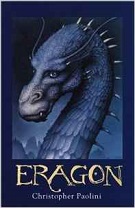 God wants to interact with our thinking—the person we are on the inside. Why else would He write us a book? God clearly decided that a book was the best way to tell humanity about Himself, His death for us on the cross, and how we can have a relationship with Him through salvation by faith alone. Developing a love of reading and the ability to read well will allow a young Christian to better understand the words God wrote for them. And the more they read and understand what He says, the more richly they’ll be able to enjoy their relationship with Him.
God wants to interact with our thinking—the person we are on the inside. Why else would He write us a book? God clearly decided that a book was the best way to tell humanity about Himself, His death for us on the cross, and how we can have a relationship with Him through salvation by faith alone. Developing a love of reading and the ability to read well will allow a young Christian to better understand the words God wrote for them. And the more they read and understand what He says, the more richly they’ll be able to enjoy their relationship with Him.
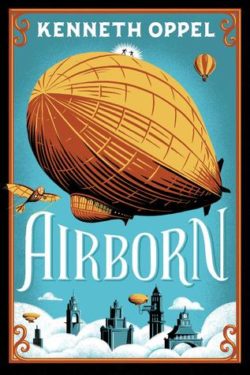 Some Christian parents only want their kids to read books that are nonfiction (“real”) and educational while others only want their kids to read fiction books that teach a moral lesson. Did you know that God gave us books to enjoy? 1 Timothy 6:17 says God “gives us richly all things to enjoy.” Falling in love with reading is the first step to reaping the benefits of good books and it starts by finding books your young person likes. Try all different genres and authors. Help them discover what they like. Many young people see reading as a chore or drudgery so encourage them to enjoy reading for fun and the wonder of the story. Once you get a young person in love with reading, they will inevitably expand their palette as they grow and the wealth of books will be open to them.
Some Christian parents only want their kids to read books that are nonfiction (“real”) and educational while others only want their kids to read fiction books that teach a moral lesson. Did you know that God gave us books to enjoy? 1 Timothy 6:17 says God “gives us richly all things to enjoy.” Falling in love with reading is the first step to reaping the benefits of good books and it starts by finding books your young person likes. Try all different genres and authors. Help them discover what they like. Many young people see reading as a chore or drudgery so encourage them to enjoy reading for fun and the wonder of the story. Once you get a young person in love with reading, they will inevitably expand their palette as they grow and the wealth of books will be open to them.
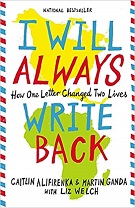 We are born selfish and though God loves us and accepts us just as we are, He would like us to grow to have the same qualities as Jesus Christ. We all need help to transcend our small, self-centered concepts of what it means to be a human being and good books can help young people do this by presenting them with the bigger picture, different perspectives, and a variety of ideas.
We are born selfish and though God loves us and accepts us just as we are, He would like us to grow to have the same qualities as Jesus Christ. We all need help to transcend our small, self-centered concepts of what it means to be a human being and good books can help young people do this by presenting them with the bigger picture, different perspectives, and a variety of ideas.
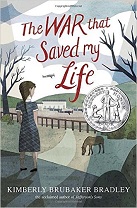 Reading fiction is like mentally chewing on ideas—they get to taste them, experience them, and make decisions for themselves as to what they think, what they like or don’t like about it, how they might act in that situation, how it made them feel, etc. Reading and discussing books together or using discussion guides often provided by publishers, can help stimulate active thinking about the story and about life.
Reading fiction is like mentally chewing on ideas—they get to taste them, experience them, and make decisions for themselves as to what they think, what they like or don’t like about it, how they might act in that situation, how it made them feel, etc. Reading and discussing books together or using discussion guides often provided by publishers, can help stimulate active thinking about the story and about life.
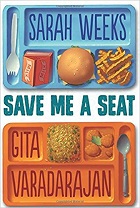 A wise lady named Gladys Hunt wrote, “It is difficult to fathom what it means to be noble, valiant, courageous, or selfless unless we meet people in stories whose actions show us what these things mean.” Fiction has the ability to make abstract concepts more meaningful to us by revealing how they might look in a person.
A wise lady named Gladys Hunt wrote, “It is difficult to fathom what it means to be noble, valiant, courageous, or selfless unless we meet people in stories whose actions show us what these things mean.” Fiction has the ability to make abstract concepts more meaningful to us by revealing how they might look in a person.
 Books are a safe place for a young Christian to experience new things. Through reading they can have a wide range of experiences from the perspectives of many different kinds of people and from the comfort of their preferred reading spot. They can see war through a soldier’s eyes, run a track with a prosthetic foot, go to the first day at a new school, confront a bully, face seemingly insurmountable odds and prevail, build a home on the unsettled frontier, and on and on I could go! C.S. Lewis put it best: “We can strip the knight of his armor, to reveal that he looks exactly like us, or we can try on the armor ourselves to experience how it feels. Fiction provides an ideal opportunity to try on the armor.”
Books are a safe place for a young Christian to experience new things. Through reading they can have a wide range of experiences from the perspectives of many different kinds of people and from the comfort of their preferred reading spot. They can see war through a soldier’s eyes, run a track with a prosthetic foot, go to the first day at a new school, confront a bully, face seemingly insurmountable odds and prevail, build a home on the unsettled frontier, and on and on I could go! C.S. Lewis put it best: “We can strip the knight of his armor, to reveal that he looks exactly like us, or we can try on the armor ourselves to experience how it feels. Fiction provides an ideal opportunity to try on the armor.”
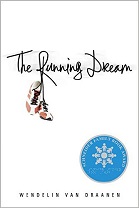 Good books can give young Christians the tools to express their thoughts and inner selves. Have you ever tried to pray and found you didn’t know what to say? Have you ever not known how to explain yourself to other people, even those close to you? Good books can provide characters for readers to relate to and provide the language and descriptions they need to communicate their inner selves to others and to God.
Good books can give young Christians the tools to express their thoughts and inner selves. Have you ever tried to pray and found you didn’t know what to say? Have you ever not known how to explain yourself to other people, even those close to you? Good books can provide characters for readers to relate to and provide the language and descriptions they need to communicate their inner selves to others and to God.
Jesus said in Matthew 4:4, “Man shall not live by bread alone, but by every word that proceeds from the mouth of God.” And since God left His word for us in a book, I’d say it’s very important to our Christian life that we become proficient readers. Find books that your young reader likes, encourage them to enjoy reading, talk about books together and reap the benefits of good books.
The best benefits come from reading the best books and we know that all books aren’t created equal. How do we determine what a good book is? Can we recognize it when we read it? Can we recognize it before we give it to our young readers? I created this blog to help meet that need and on it, you will find my growing collection of books that I’ve read myself and deemed good.
Curious about my criteria for a good book? Click here.
Middle Grade Books (ages 8-12)
Want to know more about my Christian worldview? Click here.
May you and your young readers enjoy the Maker of Words through every good book you read.
Happy Reading!

